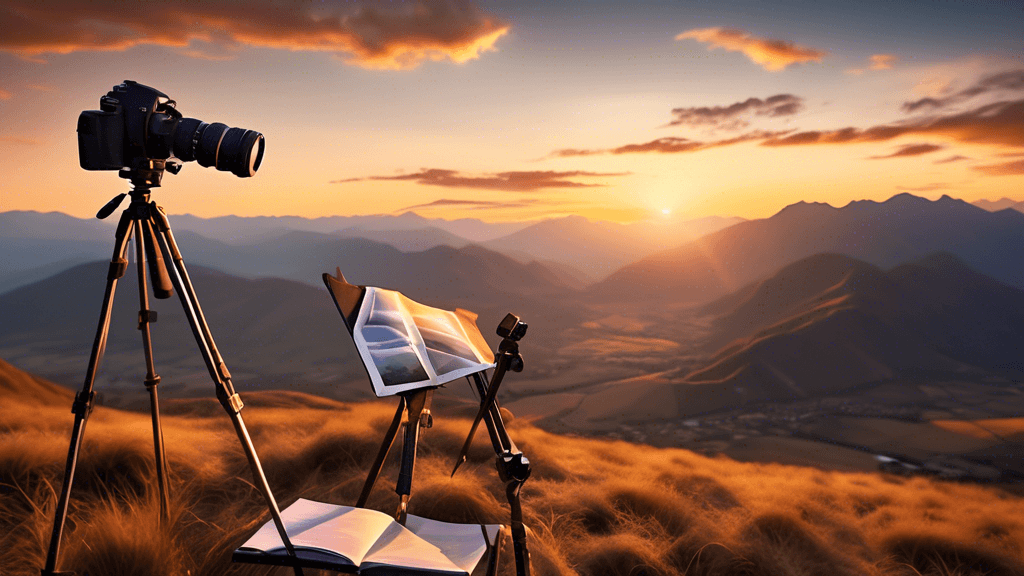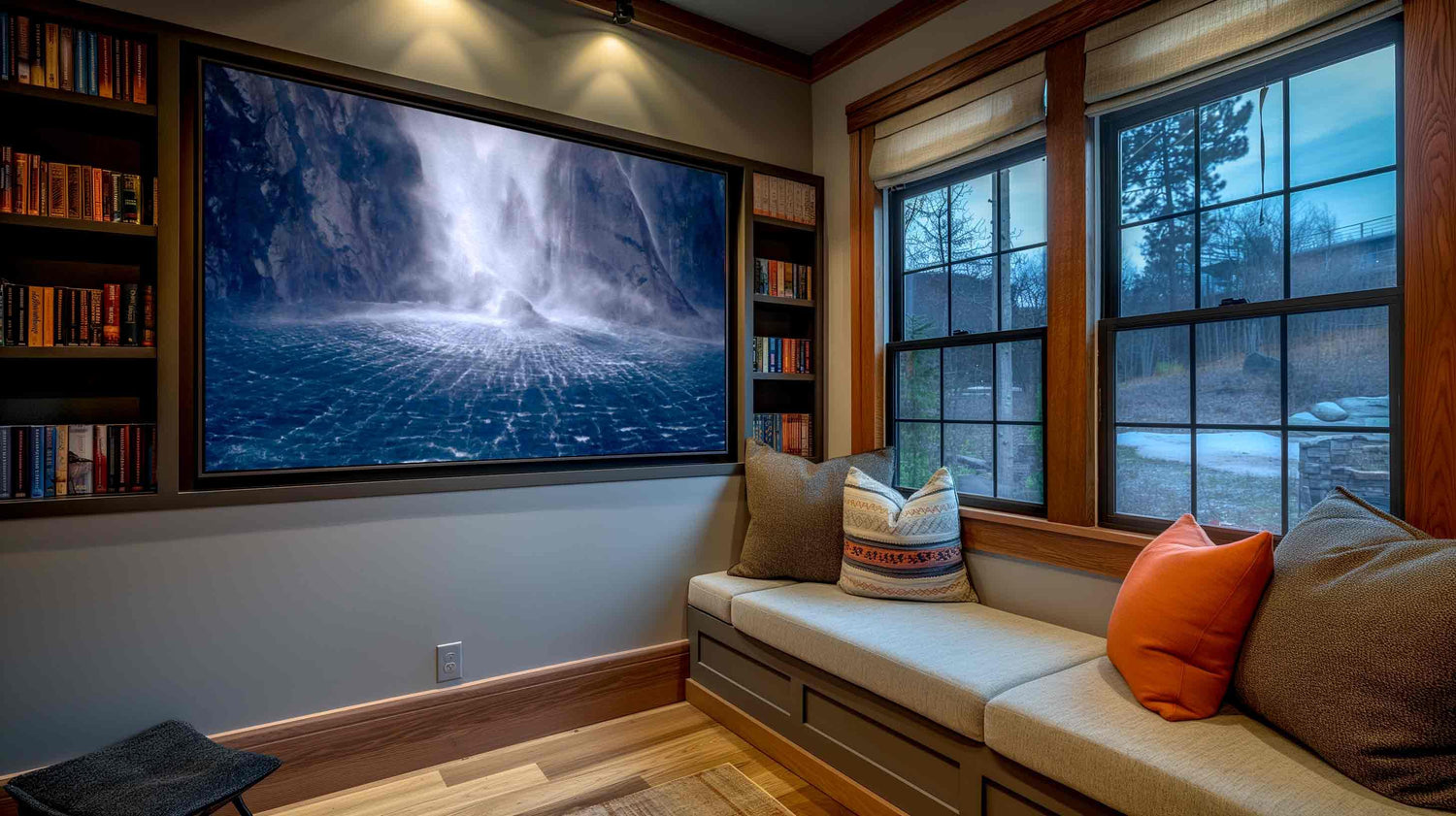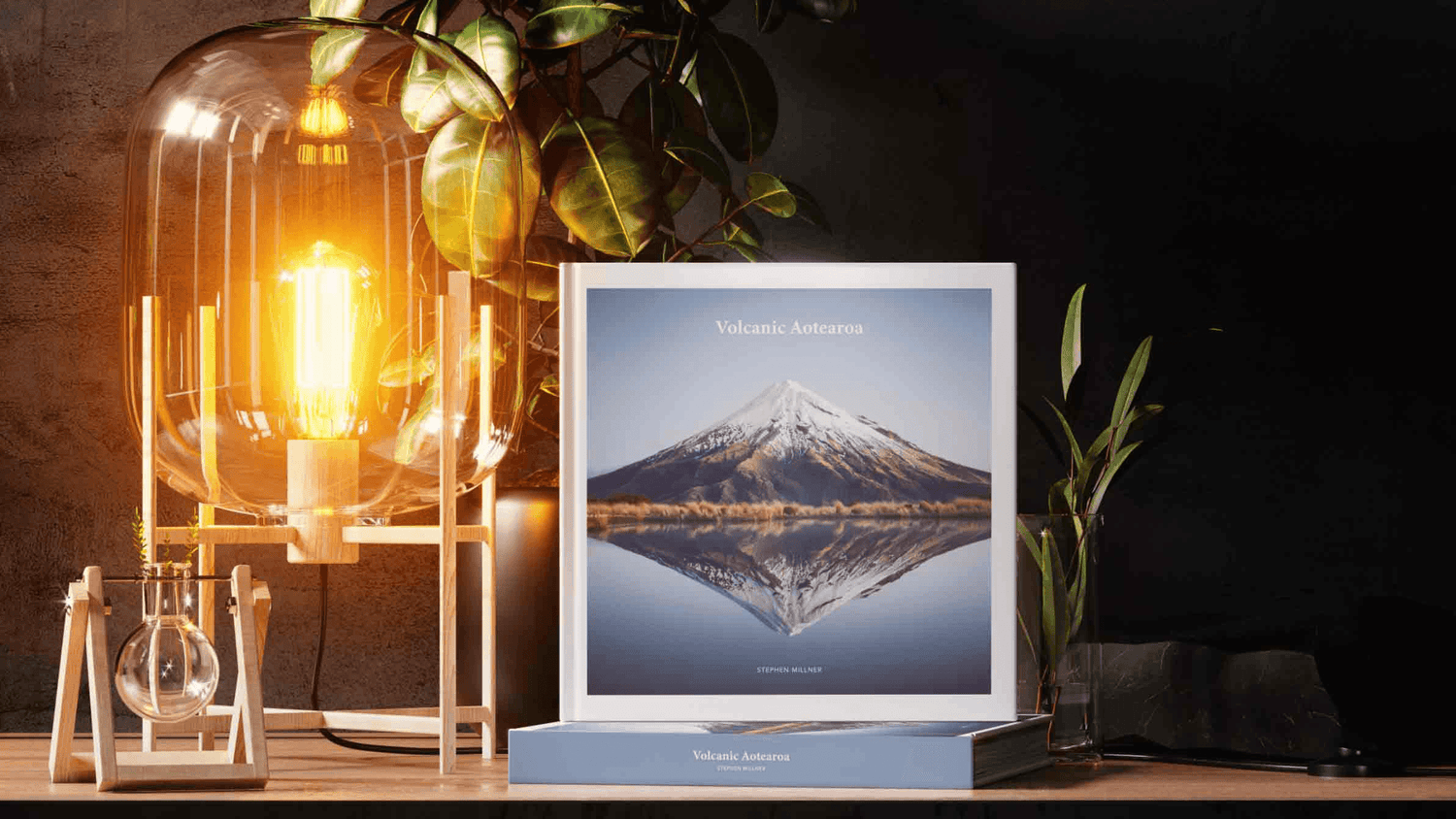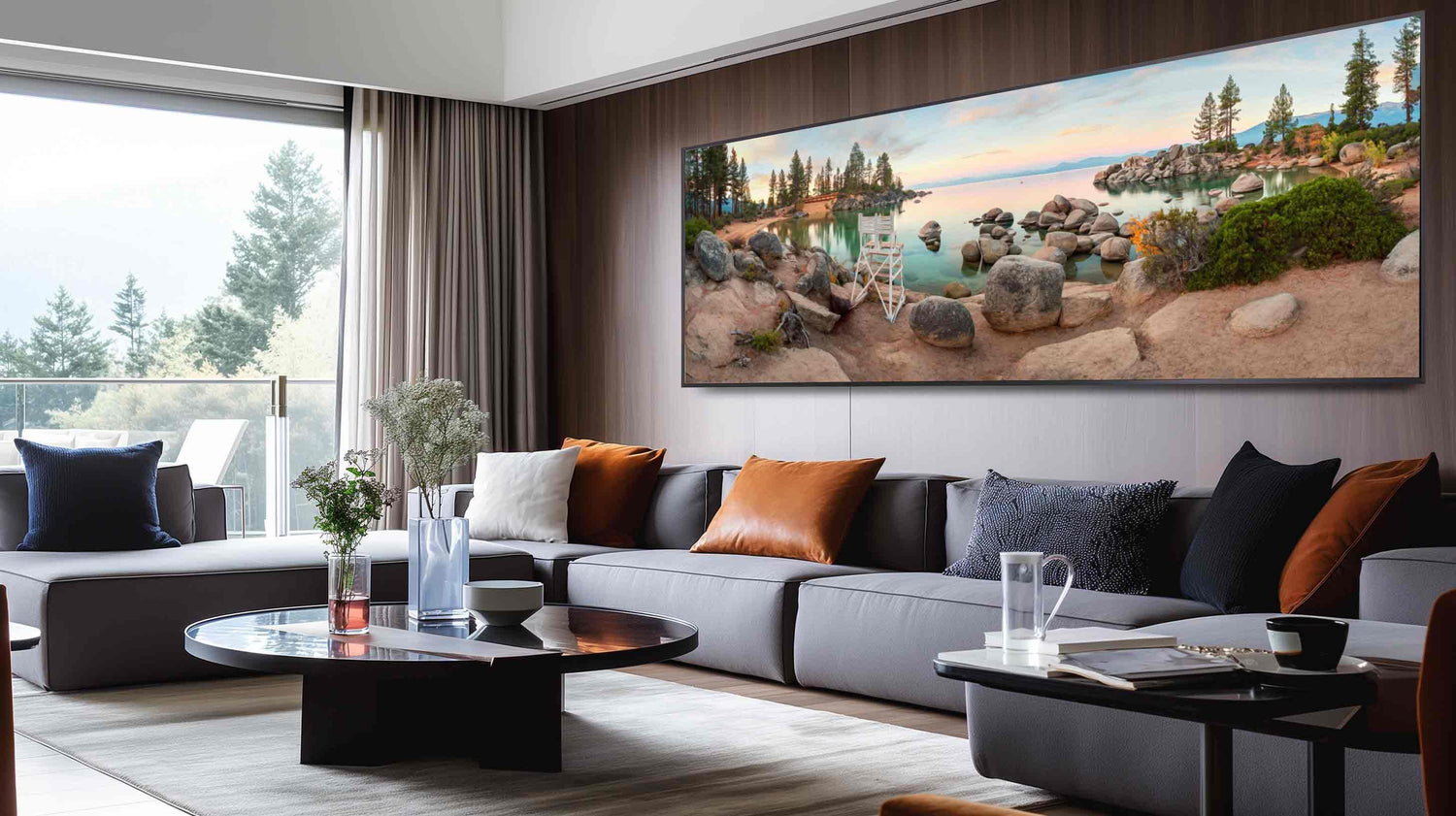
Mastering the Art of Landscape Photography
Share
Landscape photography is not just about capturing a scene; it's about immortalizing a moment in nature, evoking emotion, and perhaps, most importantly, telling a story about our planet. Whether you're a beginner aiming to improve your shots or an experienced photographer looking to refine your skills, landscape photography offers endless opportunities and challenges.
Understanding the Fundamentals
Before diving into complex techniques and strategies, it's crucial to have a solid understanding of the basics. Landscape photography is underpinned by a few fundamental principles:
- Composition: The way elements are arranged in the frame. It guides the viewer’s eye through the image and can dramatically affect the impact of a photograph.
- Lighting: Natural light varies greatly depending on the time of day and weather conditions, and understanding its nuances is essential.
- Camera Settings: Knowing how to manipulate aperture, shutter speed, and ISO to suit the environment is key.
In landscape photography, the magic often lies in the golden hour, that brief period after sunrise or before sunset when the light is especially soft and vibrant, notes renowned photographer and conservationist, Edward Burtynsky.
The Role of Technology
Advancements in equipment and technology have transformed the way photographers approach landscape photography.
- Drones: Offer new perspectives and vistas that were previously difficult or impossible to capture.
- High-resolution cameras: Allow for large prints with stunning detail.
- Editing software: Enables photographers to enhance colors, adjust contrasts, and manipulate images to convey their vision accurately.
Yet, it's important to remember that technology should enhance, not overshadow, the fundamental art of photography. As landscape photographer Ansel Adams once put it, You don't take a photograph, you make it.
Tips for Captivating Landscape Photos
Here are practical tips to elevate your landscape photography:
- Plan Your Shots: Research locations and understand the natural lighting conditions. Use apps to track sun and moon positions.
- Use a Tripod: For sharp images, especially in low light conditions, a tripod is indispensable.
- Incorporate Water: Lakes, rivers, and oceans can add a dynamic element to your composition.
- Focus on Depth: Using a small aperture (large f-number) helps keep the foreground and background in sharp focus.
- Experiment with Filters: Polarizing filters can enhance skies and reduce reflections, while neutral density filters allow for longer exposure times in bright conditions.
Connecting with the Environment
Landscape photography also plays a critical role in environmental conservation. Through powerful and compelling images, photographers have the ability to raise awareness and drive change concerning natural landscapes threatened by human activity.
Every landscape photograph is a document testifying to the complex and ongoing relationship between humans and their environment, says conservationist photographer James Balog. Images that highlight the beauty and fragility of the Earth can motivate people to engage in conservation efforts.
A Lifelong Journey
Mastering landscape photography is a continuous learning process that combines art and science, creativity and technique. Are you ready to commit to this rewarding journey? Start by exploring your local landscapes, experimenting with different techniques, and most importantly, enjoying the process of discovery.
Your work not only captures the beauty of our planet but also preserves these moments for future generations to appreciate and learn from. Remember, every shot you take contributes to the broader narrative of environmental awareness and conservation.
In the words of Galen Rowell, A great photograph is one that fully expresses what one feels, in the deepest sense, about what is being photographed. As you venture into the world of landscape photography, keep this sage advice in mind and strive to connect deeply with your surroundings.
Are you inspired to take your camera and explore the natural world? Whether it’s your local park or a distant mountain range, each landscape offers a unique opportunity to create impactful art. Go out there, make unforgettable images, and tell the stories of our earth’s magnificent landscapes.





